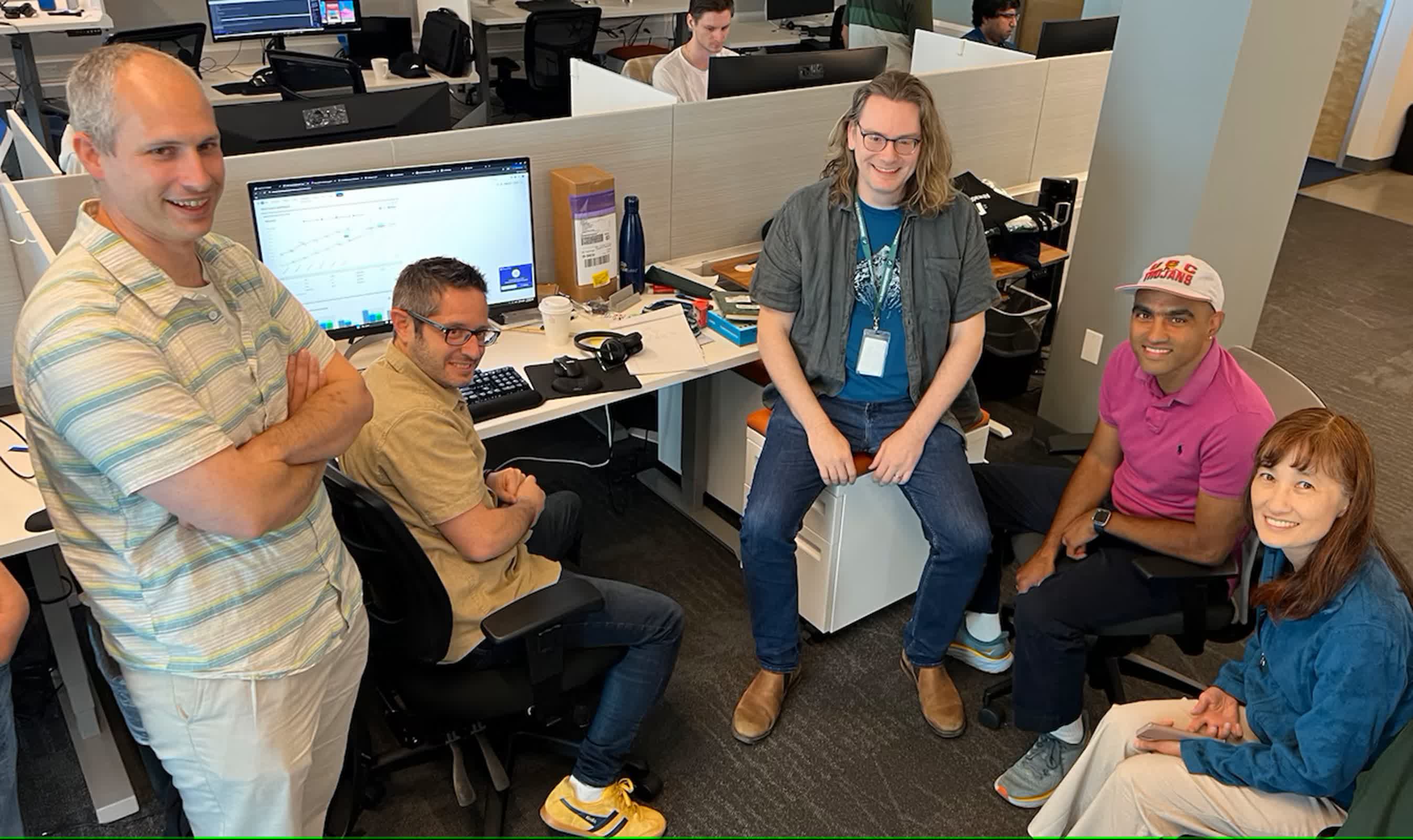What just happened? In the heart of Oregon's Silicon Forest, a group of veteran chip architects has traded the security of a tech giant for the high-stakes world of startups, aiming to redefine the future of microprocessors. The founders of AheadComputing, who collectively spent nearly a century at Intel, are now channeling their expertise into building a new class of CPU, one they believe could upend the industry's established order.

Rather than building on the legacy of x86, the team is betting on RISC-V, which they believe is better suited to the demands of modern workloads, particularly those driven by artificial intelligence and cloud computing.
AheadComputing's founders are focused on a technical challenge that has stymied the industry: the bottleneck in per-core performance as AI and machine learning workloads become ubiquitous.
Even as specialized accelerators like GPUs grab headlines, today's CPUs remain essential for many stages of data processing in AI workflows. Yet most organizations report that their AI applications are hindered by the limitations of current general-purpose processors, particularly in terms of bandwidth and data throughput.

AheadComputing's executive team includes Mark Dechene, Alon Mahl, Jonathan Pearce, Srikanth Srinivasan and Debbie Marr.
The company has developed 64-bit RISC-V CPUs designed from the ground up for enhanced single-thread and multi-core performance, with a particular emphasis on power efficiency, thermal density, and scalability across multiprocessor systems. This approach is a direct response to the needs of AI workloads, which often involve single- or low-parallelism tasks that general-purpose CPUs must handle efficiently.
The startup's ambitions are supported by $21.5 million in seed funding and a rapidly growing team, which has expanded from four to forty employees in just five months. The technical roadmap includes not only high-performance cores for servers and data centers but also scalable solutions for mobile and edge applications, reflecting the increasingly fragmented ecosystem of modern computing. The company is also actively seeking strategic partners to integrate its technology into a wide array of platforms, from cloud infrastructure to specialized logic chips.

Jim Keller
"AheadComputing is doing the biggest, baddest CPU in the world," Debbie Marr, the company's CEO, told The Oregonian. The leadership team's background at Intel, where they tackled similar challenges at scale, provides them with a unique perspective on how to break through the performance ceilings of traditional designs.
Their move to a startup environment, where they manage everything from technical design to office logistics, has enabled them to operate with speed and focus that were previously impossible in a corporate setting.
The choice of RISC-V is central to this technical strategy. Unlike proprietary architectures, RISC-V's open standard allows for rapid innovation and customization, free from the licensing constraints that have long limited new entrants in the CPU market. This flexibility is critical as the industry shifts toward modular chiplet designs and away from monolithic, one-size-fits-all processors.
While AheadComputing's chips are still in development, the company's technical vision and rapid progress have already drawn industry attention, including the addition of renowned chip architect Jim Keller to its board.
The founders are clear-eyed about the risks, but equally convinced of the potential rewards. With a focus on technical innovation and a willingness to break from tradition, AheadComputing is staking its future on the belief that the next great leap in computing will come from openness, specialization, and speed.
Image credit: The Oregonian
Former Intel engineers form AheadComputing to break CPU performance limits with RISC-V design